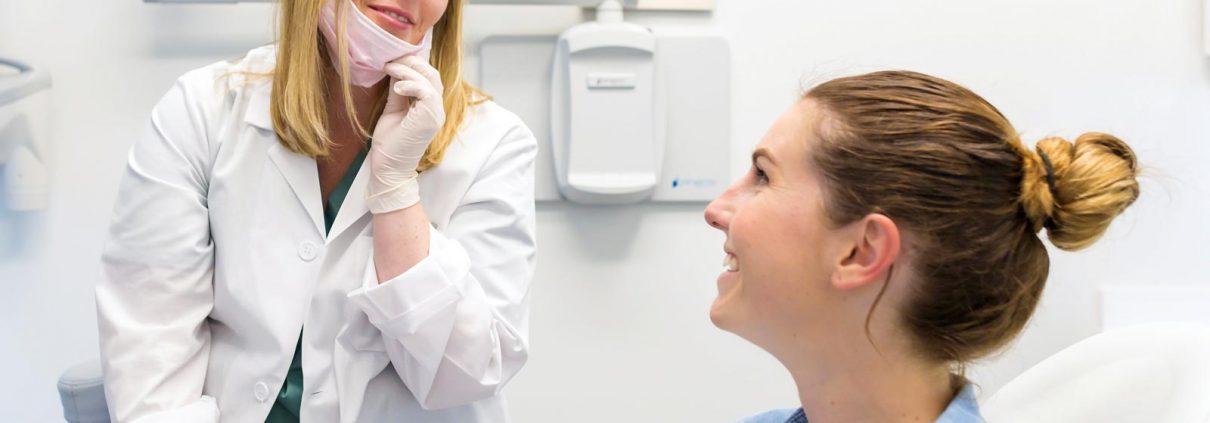Types of Dental Implants
For people with missing or damaged teeth or other oral health issues, dental implants help them maintain a healthy jaw bone and eat foods without pain or stress. Once installed, dental implants function as artificial tooth roots atop which restoration can be placed. There are two main types of dental implants:
Two-Stage Dental Implants
In this two-part procedure, the dentist begins by surgically placing the implant into the jaw bone and stitching the gum tissue. After allowing the tissue to heal for a few months, the patient undergoes a second minor surgery to attach an abutment and temporary restoration to the implant.
Endosteal (Endosseous) Dental Implants
Commonly used for two-stage dental implant procedures, endosteal are placed in the jaw bone in place of a bridge or denture. Endosteal implants can be cylindrical, bladed, or threaded (screw-shaped).
Single-Stage Dental Implants
While a single-stage dental implant is completed in two parts, only the initial procedure requires surgery. The dentist places a more extended implant into the patient’s jaw and gum tissue and stitches the gum for healing. After a few months of healing, the patient returns to the office to have the abutment and restoration installed directly on the implant, which is still exposed, eliminating the need for another surgery.
Subperiosteal Dental Implants
Commonly used for single-stage implant procedures, subperiosteal are longer than endosteal and are placed into the jaw bone and gum to hold the abutment restoration. The length of these implants allows the dentist to put the abutment and restoration without reopening the gum to expose the implant. Patients with a shorter jaw bone often receive subperiosteal to ensure proper placement of dentures.
Your dentist can help you learn more about implants and whether they are right for you. Before the procedure can be performed, the dentist must take an X-ray and CT scan of your teeth and gums. This is needed to ensure you have an adequate bone structure to support the implants. As always, you should visit your dentist for routine checkups to ensure your teeth are healthy and strong.




Leave a Reply
Want to join the discussion?Feel free to contribute!